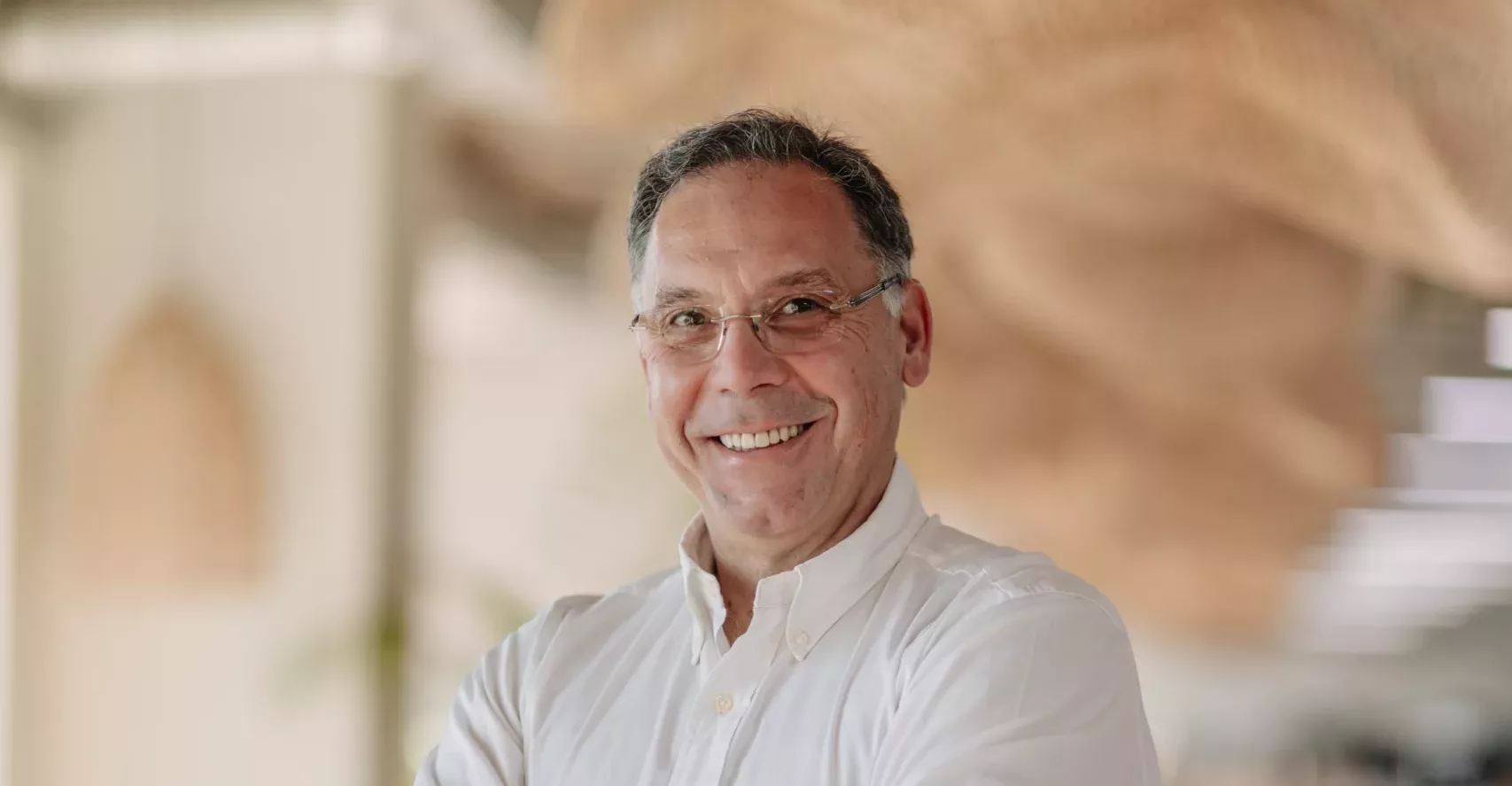In this difficult and unpredictable world, the role of the CEO must be rethought. And as Elon Musk has recently learned, reputation is not a secondary or untouchable asset — it’s the true strategic differentiator.
I recently had lunch with a friend — a seasoned headhunter, someone deeply attuned to society and to what truly drives and motivates the CEOs of our companies. Our conversation revolved around what today’s CEOs need to successfully carry out their mission, and how much those needs have changed in recent times.
The truth is that we now live in a world more polarised than ever, where business leaders are often called upon to take a stance on issues that go far beyond the traditional boundaries of management. The deep divide we see today around social, cultural, and political matters is forcing brands and companies to make decisions and adopt positions — or, as my friend puts it, often to pretend they’re doing so…
Naturally, the discussion had to touch on the recent issue of American taxes and the necessity for the United States, regardless of the president, to implement an austerity program — albeit one disguised, since the current leader would never openly admit to it. But the truth is clear: if our country had a 7% public deficit, 120% of GDP in public debt, plus almost 70% more in private debt, the alarm bells in Brussels would have been ringing a long time ago.
Amidst this reflection, I mentioned that some American companies and brands are already abandoning their Diversity, Equity, and Inclusion programs. And this comes in the wake of the president’s decisions to do the same in public agencies and, until now, untouchable entities like the Armed Forces.
At one point in the conversation, my friend was blunt: “Principles, DEI, social solidarity… that doesn’t really matter. CEOs only address ESG because investment funds demand it. Period.” I couldn’t help but reflect on the harshness of this statement. And how easily concepts and principles that seem fundamental to me can be confused: flexibility with a lack of values, pragmatism with cynicism, and adaptation with opportunism.
I have never doubted, not for a second, that flexibility is an admirable and crucial quality for any leadership. The ability to understand the context, reassess strategies, and adjust priorities is critical in this unstable world we live in. But flexibility should never be confused with a lack of conviction. A leader who changes position according to the winds of power or public opinion is not agile or flexible. They are simply amoral. And this will come at a cost to their organization, as this stance will have an internal impact — namely, weakening the culture and eroding trust within their team — and an external one, compromising the most important factor in building a brand: consistency.
I have mentioned here before that the polarization of the world is giving rise to new species of brands — MAGA and WOKE — which are a symptom of this very trend. More and more, we see companies abandoning their previous policies in favor of a more conservative worldview. On the other side, there are those that defend social and environmental values in their positioning. It won’t be long before these become the visions of economic blocs that will fight with the weapons they have. One through the imposition of economic tariffs, the other through legislation on environmental and social practices. The result will be the same: greater difficulty for brands to reach consumers in markets outside their home base.
It is in this difficult and unpredictable world that the role of the CEO must be rethought. Contemporary leadership will require more than just operational excellence. It will demand a unique ability to read and understand the world. The captain changes course to avoid the storm, but keeps the destination as the goal. It is even more important to have the courage and consistency to not lose sight of it. And as Elon Musk has recently learned, reputation is not a secondary or untouchable asset. It is, rather, the strategic differentiator.
Companies do not need to be militant or activist. But they do need to know exactly who they are and what they want to become. The CEO does not have to have all the answers ready to be given. No one will expect that. But what is expected is clarity in the principles that guide their decisions.
True flexibility is not about changing for the sake of change, nor about giving up everything. It lies in knowing how to adapt by changing the course, but not the destination. And everything that must guide us are our values, whether for brands or for people. When we lose them or trade them, we are giving up what distinguishes us the most: dignity.
Article written by João Santos, COO of WYgroup, in the ECO magazine.
